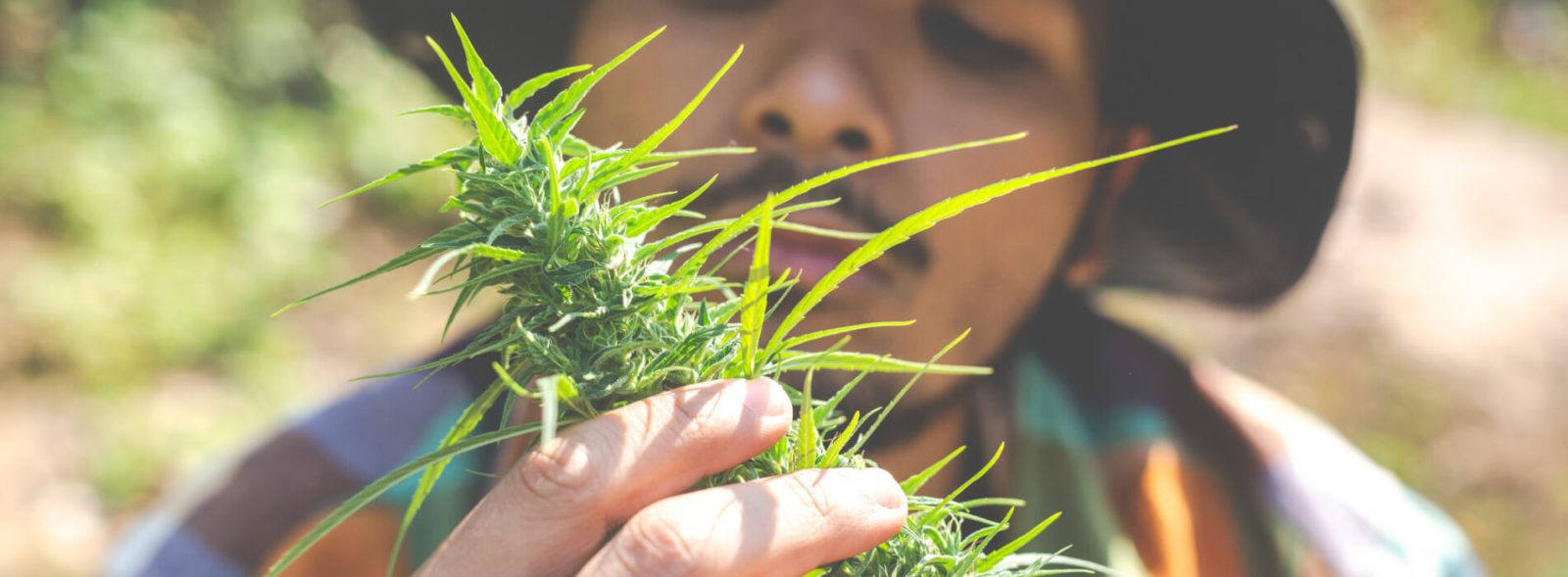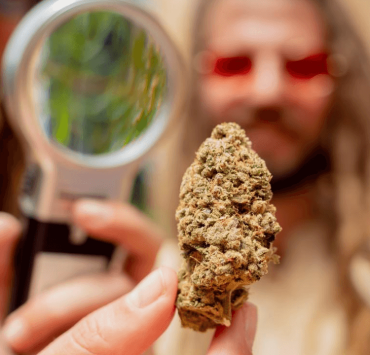Samik has been a literature student all along and uses…
Is weed legal in Missouri? We have the answer you are looking for. We have discussed the whole process of Cannabis legalization in Missouri and some key points that cannabis entrepreneurs need to know before setting up a shop. So, without wasting a single second, let us dive right in.
Is Weed Legal In Missouri?

Is weed legal in Missouri? The simple answer to this question is a firm yes. In Missouri, cannabis is legal for recreational usage. Howevevr, this legalization came in steps, and there are certain nuances that professional growers or cannabis entrepreneurs need to understand. In this section, we will look at the journey of cannabis legalization in the state of Missouri. This will help us understand where Missouri started and where it will go next. So, stick around to know more.
Partial Decriminalization
Senate Bill 491 was passed back in 2014. This bill reduced the penalties for certain cannabis-related offenses. One of the most considerable points was the exemption of jail time for first-time possession of up to 10 grams. As a result, the state’s cannabis community positively received this bill.
Apart from the aforementioned exemption, the bill also reduced penalties related to the cultivation and selling of cannabis and third-time penalties.
Even though penalties were reduced, they were not exempted completely. According to SB-491, cannabis-related felonies were treated as misdemeanor felonies. So, the bill only partially decriminalized cannabis-related offenses.
CBD Oil Legalized

After the partial decriminalization of cannabis, Governor Nixon signed House Bill 2238 in July 2014. This bill was a part of the Mussorie Medical Marijuana Bill. The bill also allows the Department of Agriculture to grow and conduct research on industrial hemp. This greatly opened the state for future research on medical cannabis.
According to the bill, you are only qualified for CBD oil usage if your medical practitioner feels like you are not responding well to at least three other treatment methods.
Subsequently, the bill also determines the percentages of THC and CBD that these ils should possess. According to the Bill, the oil must contain around 5% CBD and 0.3% THC. Exceeding these limits is a criminal offense.
Legalizing Medical Cannabis

Back in 2018, Mussorie residents unanimously voted in order to legalize medical cannabis. Hence, this was a major shift from the usual stance that the state held. Mussorie residents approved the bill by a ballot strength of 66%.
This bill allowed medical users to grow up to 6 plants for their usage. The bill also allowed medical users to buy specific amounts of cannabis. This amount usually oscillates between 4 to 5 ounces. However, they come with certain conditions.
October 17th, 2020, recorded the very first sale of medical cannabis. The state opened around 192 licensed dispensaries all across the state to fulfill the medicinal cannabis requirement. This opened the state to legalizing recreational usage.
Legalizing Recreational Usage
With the avenues for medical cannabis usage functioning well, the next obvious step was legalizing recreational usage. Secretary of State Jay Ashcroft took this step in July 2013. Ashcroft’s bill legalized marijuana for recreational usage, and this was the next big thing for the cannabis community of Mussorie. Still, there are certain conditions that recreational users also have to fulfill in order to take advantage of the legalization. Here are the conditions that they need to fulfill:
- Adults over 21 are allowed to possess cannabis not exceeding three ounces.
- Six flowering plants and six non-flowering plants can be grown by people who pay an annual fee of $100.
- Cannabis should only be sold by licensed cannabis dispensaries with a tax of 6%.
- As a seller, you need to pay at least a 3% tax to the government. Failing to pay will result in incarceration and loss of licensing.
Laws That You Need To Know

Cannabis is a regulated substance. Therefore, even after it has been widely legalized, there are certain regulations that growers need to remember in order to sustain their cannabis enterprise. Here are some of the most basic laws regarding cannabis that you must know in order to help your business grow.
Inventory law
- Each inventory must assign a facility manager or agent whose job is to maintain track of the inventory. He must be certified and should have the necessary licensing.
- National Type Evaluation Program regulations must be followed while weighing and measuring cannabis.
- Each department must have a certified seed-to-sale tracking system in order to keep the marijuana under closed observation.
- Dispensaries must maintain a fixed audit system in order to keep track of the inventory and the cannabis sold, harvested, disposed of, etc. This will also ensure the safe dissemination of cannabis.
Dispensary Licensing
- As of now, the state government has decided that it will provide licenses to around 192 dispensary facilities.
- A facility license is only available for a single location for a single facility. It is non-transferable. If you do shift your business, you need to re-apply.
- Every facility needs to pass an inspection test within one year of license issuance. Failing to do so will revoke the license.
- Licenses for cultivation and distribution of infused products are only valid for three years.
- Dispensaries need to pay around $10,373.22 in annual fees for the renewal of their dispensary licenses. The Missouri DHSS is the department responsible for the process of license review and approval.
Closing Note
With that, we have reached the end of our article trying to answer the question of the hour: is weed legal in Missouri? The answer is yes for recreational and medical users. Growers, cultivators, distributors, etc., need to be extra careful of the nuances of Missouri Marijuana Laws. Keep following our page for more cannabis-related news and articles.
Additional Reading:
Samik has been a literature student all along and uses his fluidity to write about multi-niche topics. Aspiring to be a professional writer, he tries to analyze his topic from a critical standpoint but still adds a hint of personal perspective to the end product. Being a person having a general inclination toward global politics and documentary filmmaking, he also wishes to write and document more about numerous conflicts that are brewing in the different corners of the globe.









